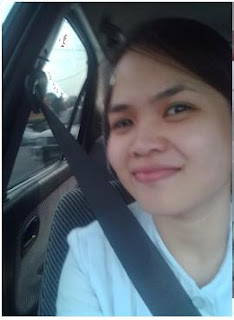
Benner’s theory established the belief that patients has the potential to grow personally in a healthy and creative way while relying on our practice in our field of work from being a novice who is a beginner with no experience to being expert who doesn’t have to rely any longer on principles, rules

Andrew S. SantiagoSenior Staff Nurse(8th Floor oncology- ms ward); Certified Preceptor
Its been 4 years seen i started working in Asian Hospital and Medical Center in Alabang. At first no clear idea about the things to be encountered, being a novice nurse is really a scary and confusing, even though

by: Krislyn Michelle Smietana, RN
I worked as a paediatric cardiac surgery nurse for more than 3 years in Prince Sultan Cardiac Center in Riyadh Saudi Arabia. Remembering those time I was really scared to start my 1st day for I don't have any background in cardiac field. Applying this to Benner's Theory

by: Karla Santos, RN
Four years ago I remembered a girl who was a newly graduate/ board passer who tried to apply for a job abroad even without any experiences. Luckily, she was able to pass the interview and get the job. During her first year she was a bit anxious on what will be the outcome, though










